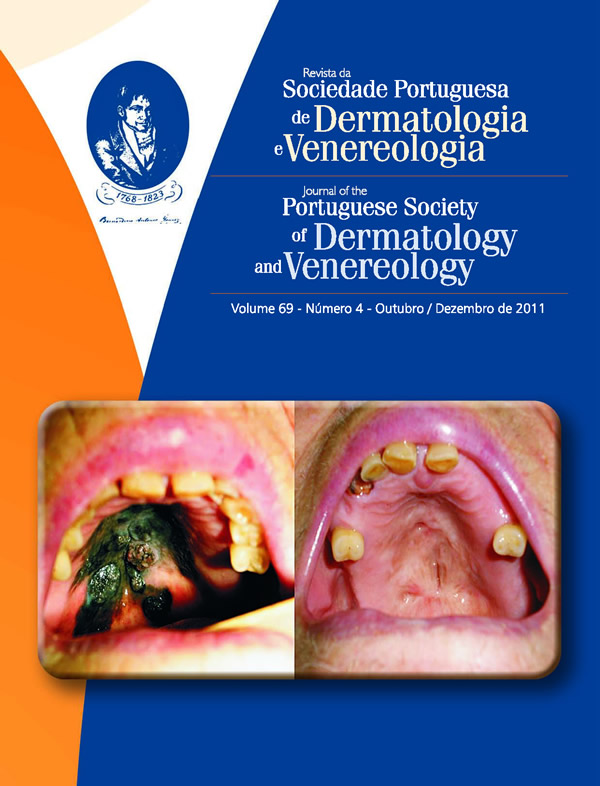THE RELEVANCE OF GRISEOGLUVIN IN THE TREATMENT OF TINEA CAPITIS IN PEDIATRIC AGE – CASE REPORT
Abstract
Tinea capitis is a superficial infection of the scalp caused by dermatophyte fungi, being nowadays the most common fungal infection in children. Griseofulvin remains as the gold standard treatment, however, in many coun- tries, the newer oral antifungal agents (terbinafine, itraconazole and fluconazole) appear to have efficacy and safety profiles similar to those of griseofulvin, allowing treatment courses of shorter duration. This fact associated with the discontinuation of griseofluvin in some European countries has made these drugs increasingly popular in the treatment of this condition. The authors report the case of a girl with tinea capitis caused by Microsporum canis, treated initially with terbinafine and then with itraconazol without any improvement. Just griseofulvin proved to be effective, leading to the cure after 7 weeks of treatment. With this case report, the authors intend to emphasize the importance of the reintroduction of griseofulvin in Portugal.
KEYWORDS – Tinea Capitis; Pediatric Age; Dermatophytes; Systemic Antifungal.
Downloads
All articles in this journal are Open Access under the Creative Commons Attribution-NonCommercial 4.0 International License (CC BY-NC 4.0).








